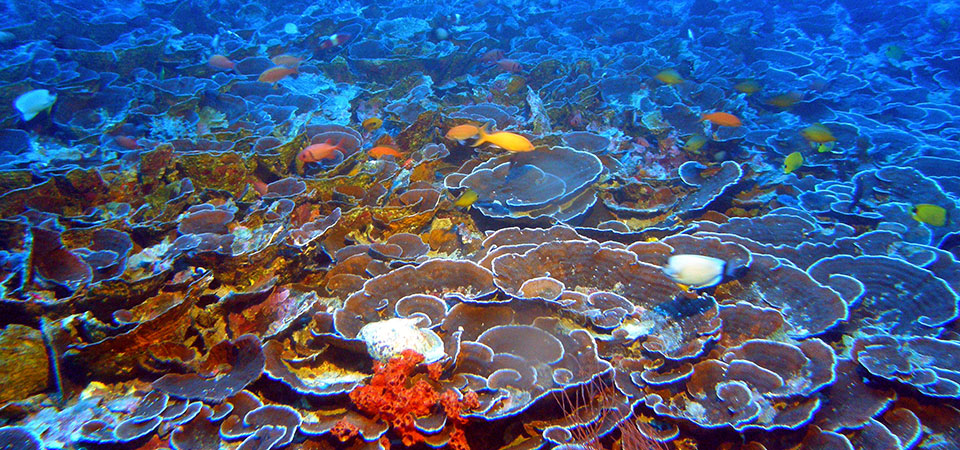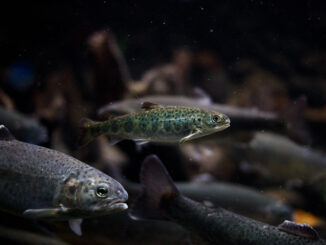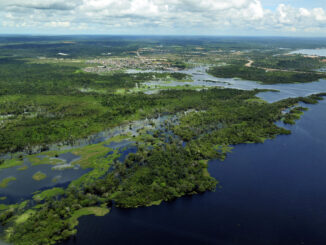
Coral bleaching events are starting earlier, becoming more frequent, and are set to worsen over time, scientists are now warning.
An assessment of recorded bleaching events, the climatic conditions that caused them, and future climate modeling predicts that by 2080 coral bleaching occurring at reefs across the world will pose a serious threat to reef spawning, which is how coral reproduces.
Though they are more likely to occur in the summer, researchers are also warning that we should expect the onset of mass bleaching episodes to begin occurring early, even as early as spring in some years.
The researchers express particular concern for the Great Barrier Reef of Australia. Their modeling predicts future coral bleaching threatens the annual spring spawning event that the world’s largest reef system relies on to expand and survive.
“More than 130 species of corals on the Great Barrier Reef spawn only once a year, in a single week following a full moon in spring,” the authors noted. “Our analysis shows that by as early as 2040, this spawning event could coincide with severe bleaching risk, causing potential reproductive failure for these broadcast-spawning corals, increasing their extinction risk.”
The new findings are published in the journal Science Advances.
Dr. Camille Mellin, a biologist at the University of Adelaide, says bleaching will be felt worst in the equatorial regions, but reefs existing in more northern and southern latitudes will also suffer more frequent bleaching.
“Coral bleaching events are increasing worldwide, including northern and southern latitudes,” Mellin told Public Parks.
Mellin said the reefs found in the Hawaiian Islands face severe risks from coral bleaching. “Hawaii and the Red Sea-Gulf of Aden will be at greatest risk, irrespective of the climate scenario considered,” she said.
The scientists’ modeling predicts bleaching events will become more widespread in the Pacific Basin. The Caribbean and the Indian Ocean coast of Africa are also predicted to be heavily impacted.
The impacts could be muted with adequate reductions in annual greenhouse gas emissions from industrial activity, the new study concludes.
“Curbing greenhouse gas emissions is ultimately the only solution to limit the frequency and severity of coral exposure to heat stress,” the study stresses.
©2025 Public Parks
Park Info
Location:
Worldwide



